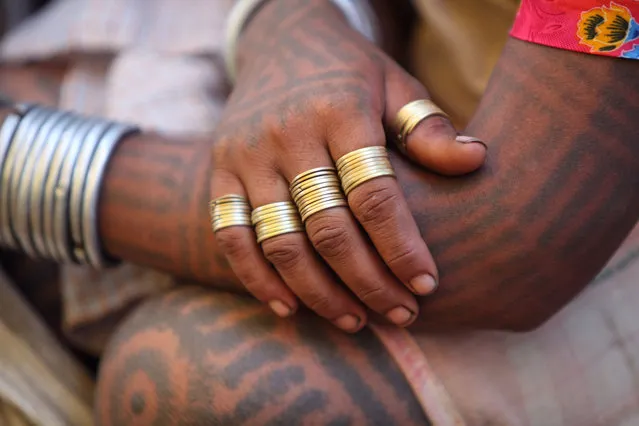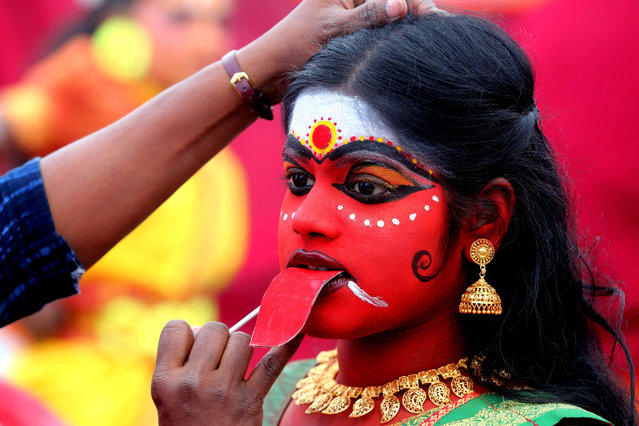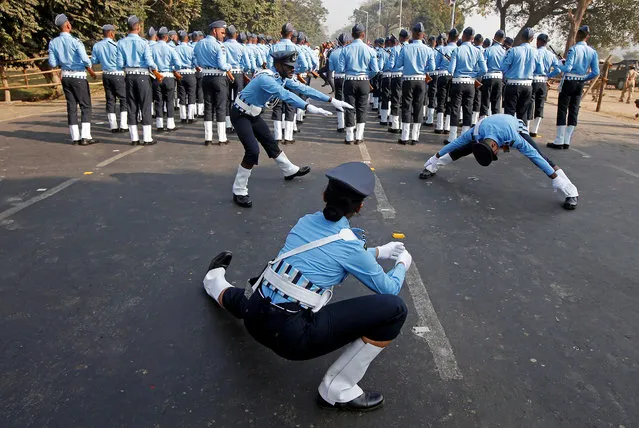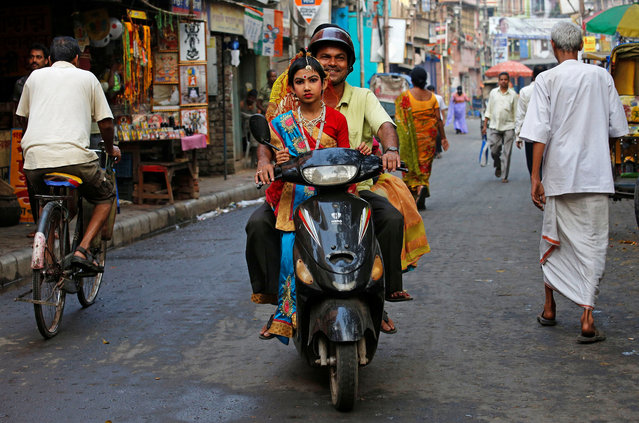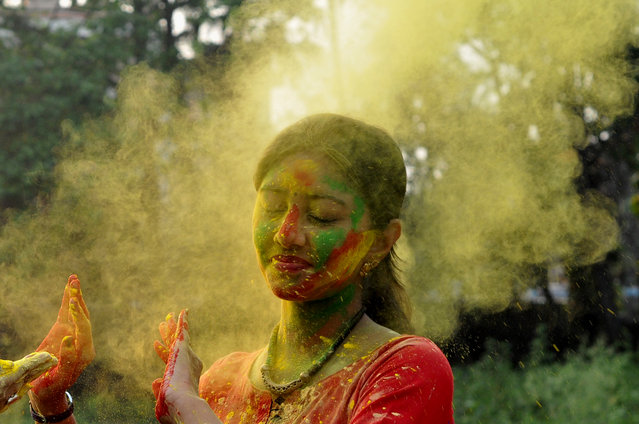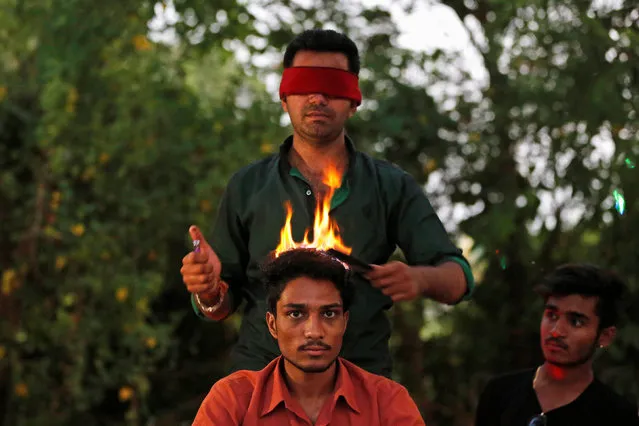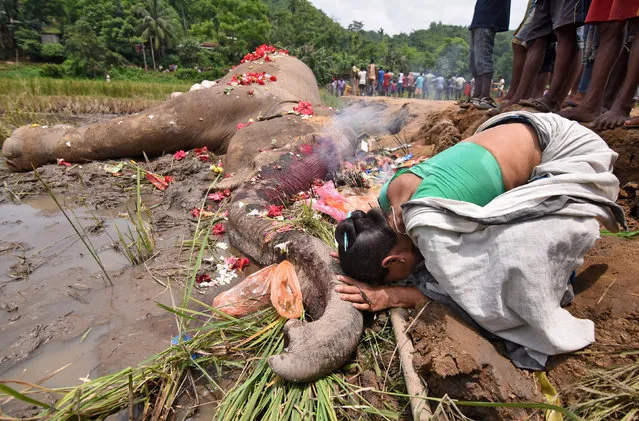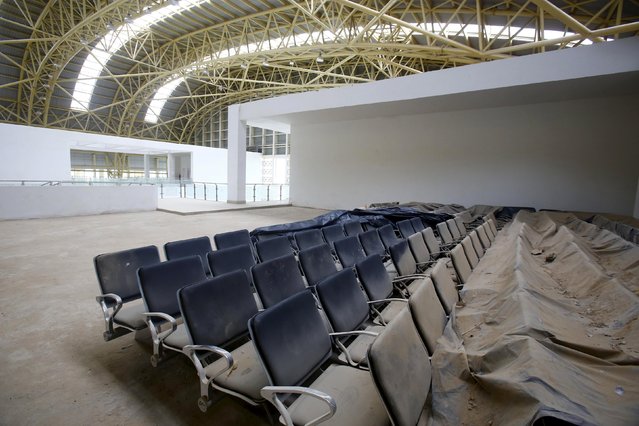
Dust covered seats are pictured inside the lounge of the Jaisalmer Airport in desert state of Rajasthan, India, August 13, 2015. Two-and-a-half years after the completion of a new $17 million terminal building, the airport in Jaisalmer, a small and remote desert city in India's western Rajasthan state, stands empty. (Photo by Anindito Mukherjee/Reuters)
20 Aug 2015 13:26:00,post received
0 comments

